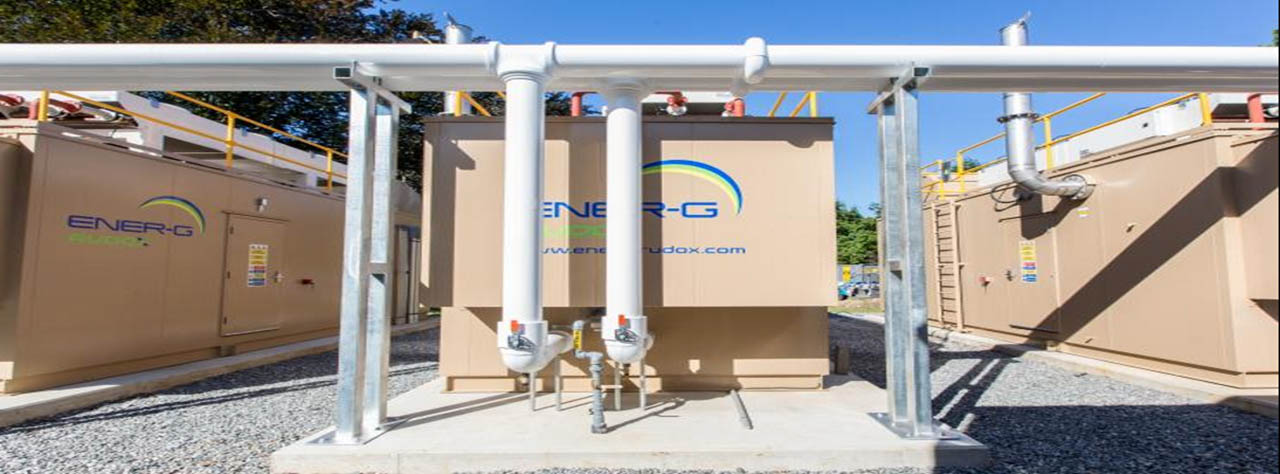So why do Distributed Energy Projects Falter?

- Vested interests of each party to the development of the project are in conflict
- Projects by their nature are not finished in a few months, they string out for a year or more while both anticipated, and unanticipated tasks, challenges and complications materialize and have to be dealt with
- The "dropping out" or passive involvement of any one of the critical parties can significantly delay or kill a project
- Most parties in the development of a project may not see any compensation until their "meter" starts running based on a very specific formal contract / agreement which in many cases isn't finalized until late in the development process
- As these projects string out in terms of time, and require ongoing and challenging problem solving, negotiation and capitulation, parties move on to other priorities, drop out, or stand on the sidelines waiting for others to solve a problem they aren't getting paid to solve
- When the problems are resolved the parties re-engage to determine whether the resolution is favorable, negative or neutral to their objectives which in turn determines their cooperation going forward
- Project originators (e.g.: host site, lender, investor) are not accustomed to paying for "development" expertise or a "process manager" and generally don't have people on staff equipped to manage the divergent parties and issues (and even if they do, internal staff almost always is short of time, having other primary responsibilities, resulting in the aspiring project becoming a "step child")
-
